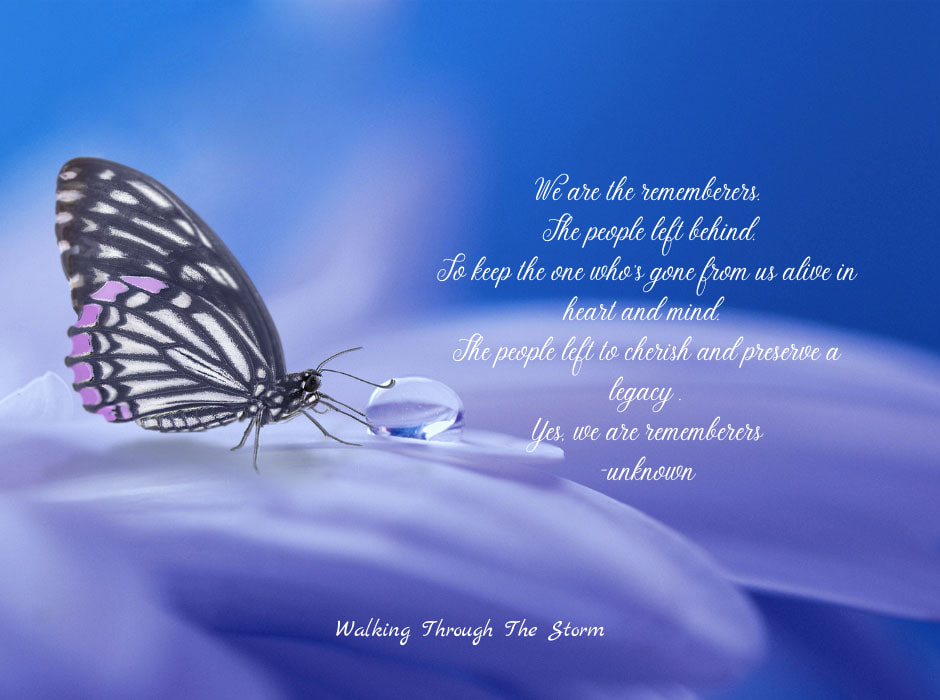I left the hospital that hot noonday in April alone, agitated, confused, and anxious. It was Sunday; the “remains” of my darling is now in the church, his “first” Sunday. I was told to have five more quarantine days despite the negative COVID19 result, which should have been seven days, but I already served at least 1 ½ days waiting; it was the longest wait ever. My daughter, who arrived a day earlier from another city, was also told to do the same, despite also a negative COVID19 result, and worst, we were advised that we should not be together. My son is also separated from us as he is in an isolation facility. These conditions became more painful to us as we grieve together virtually for days. However, I thought these days were the most painful, but I was wrong. I was not prepared for more.
The most challenging time for the grievers is not the hour or days from the passing of their loved ones. The suppression and alleviation of the pain can be attributed to high adrenaline levels in response to stress and the immediate state of shock. These are the days where many people rush in to show support to the grievers, but the grievers need more help in the days and weeks, and months ahead. Their hard work begins after the service is over, the affairs settled, and the reality of the depth of loss is starting to sink. But sadly, these are times that most people have already gone back to normal and have “forgotten.”
“The immediate support that you get from the loss of a loved one is like having a newborn baby. Everyone is there at the beginning, but when the real hard time comes, you are all alone.”
I learned of this already when I heard a lovely Christian widow a few years back who testified about this reality. She talked about people coming to her house become scarce and eventually stopped once his husband’s body was laid to rest, and she felt alone and lonely. She finally reached out to her friend and found out that her friend also passed away…
It saddens me that I have to experience its truthfulness. Many people were quick to show support, but a lot of them also fade away quickly. What is even worst is the ones who left were the people you expected to stay. I cannot blame them, though because, it is their choice. I have no control over it; I can only assume that perhaps they care, but they want to get on with their lives, not willing to be affected, or it may be too painful for them to remember. This form of “avoiding” is most painful to the griever because the grievers are “rememberers.”
The biggest lesson I learned from this is to appreciate and thank the people who check on you even if they don’t understand. What is important is, you know that they are there, they hear you, and you hear your voice. This brings some normality and breaks some of the emotions that are tearing your soul (especially in your silence).
I want to thank those few who stayed with me until today, to my “weeping partners,” for the tears, pain, hurt, and desperation shared, for accepting my vulnerabilities, when I am bitter or angry and sorrowful. Thank you for giving me that room to grieve, for comforting me and allowing me to know that “I am hurt, and you care that I am hurting” and to those who are perjuring, those who are not giving up and waits for me to step out of my silence and isolation.
I know I am still blessed and the Lord is slowly working with me through you.
